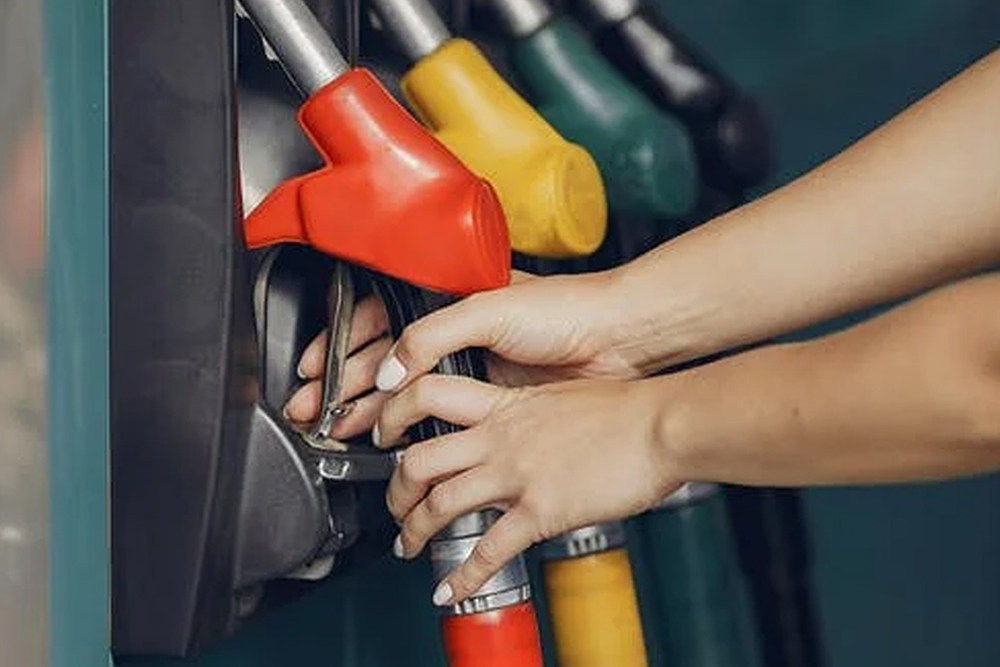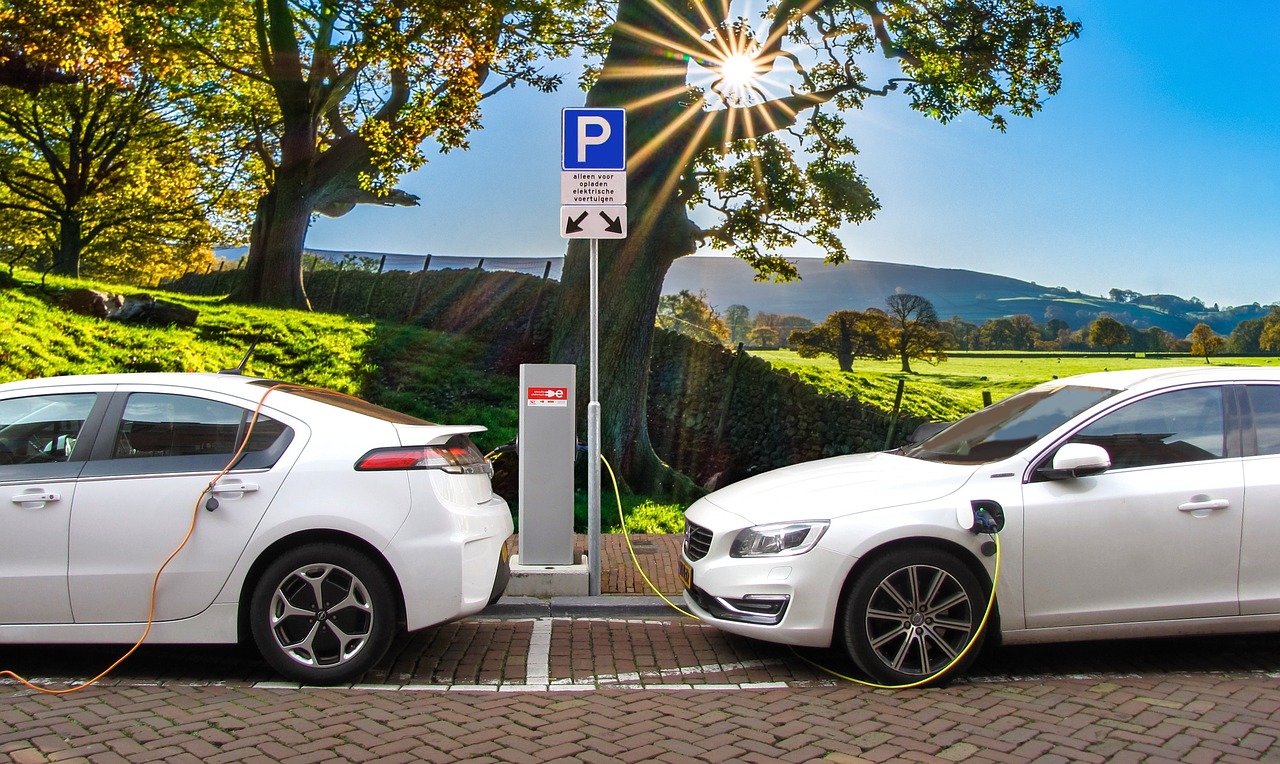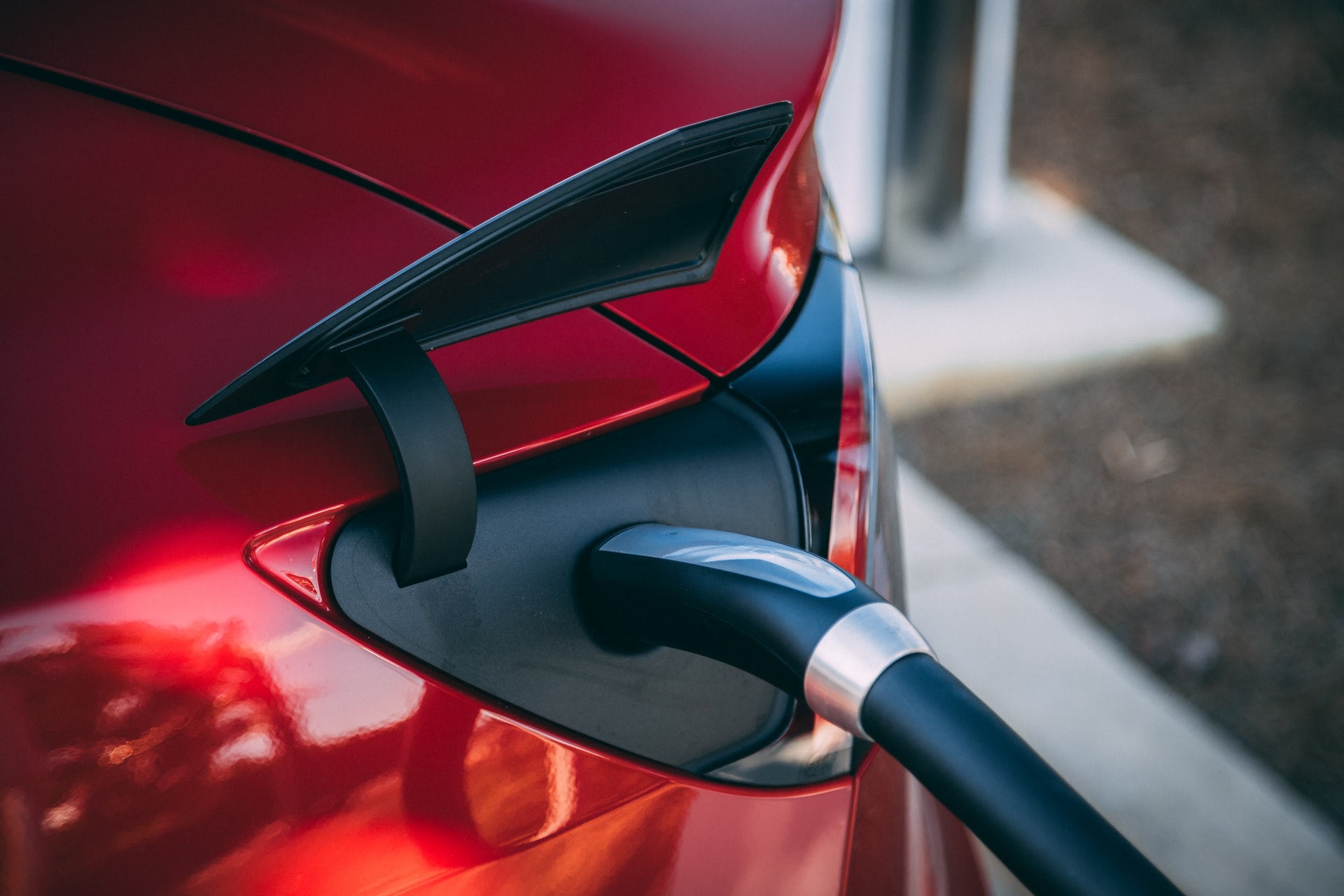

Roman Danaev
When you’re choosing your next car, fuel type matters. Petrol and diesel engines offer different strengths, and the right choice depends on how you plan to drive. Diesel can suit long-distance drivers, while petrol often works better for shorter trips or city driving. To help you decide, this guide explains how fuel type affects cost, performance, and long-term value.
Difference between petrol and diesel cars
Petrol and diesel cars work in different ways. Each type suits a different driving style, budget, and usage pattern. To choose the right one, you need to understand what sets them apart.
Purchase price
Diesel cars usually cost more to buy than petrol models because they need extra emissions-control parts. For example, entry‑level diesel versions included added hardware that raised their starting price. Diesel engines often include a Selective Catalytic Reduction (SCR) system requiring a fluid called AdBlue to neutralise harmful emissions.
Here are recent comparisons:
- In 2020, a BMW 118i SE petrol cost around £24,965, while the 116d SE diesel began at £26,485.
- In 2021, a Ford Focus TDCi diesel Titanium cost approximately £680 more than its EcoBoost petrol counterpart.
- Also in 2021, a Volvo V40 D2 diesel carried a £1,860 premium over its T2 petrol version.
These examples show you’ll pay a noticeable premium—between £680 and £1,860—for a diesel model. That extra cost reflects the emission-control technology built into the engine.
Find car finance deals with the best rates!
Get a quoteEmissions
Emissions affect both the environment and your wallet. You need to consider two types in particular: carbon dioxide (CO₂) and nitrogen oxides (NOx). CO₂ drives climate change. NOx harms air quality and can cause serious health problems, especially in cities.
Diesel engines usually release less CO₂ than petrol ones of similar size. That’s why they often suit long-distance drivers. But they produce more NOx and fine particle pollution, which worsens air quality in urban areas. To reduce this, most modern diesels use a system called Selective Catalytic Reduction (SCR). It works with a liquid called AdBlue to break down harmful gases.
Engine size still plays a part. A small petrol car might emit less CO₂ than a bigger diesel. But in larger models with equal power, diesels tend to win on carbon output.
Now let’s talk money. Your CO₂ emissions affect two key costs:
- Vehicle Excise Duty (VED): a yearly road tax based on emissions.
- Benefit-in-Kind (BIK): a company car tax that rises with CO₂ output.
And here’s where NOx matters too. It’s a growing factor in Clean Air Zones. Some cities, including London, now charge extra to drive high-polluting vehicles in restricted areas (like the ULEZ or the Toxicity Charge).
So, think about where and how you drive. You might save on CO₂ taxes with a diesel, but face extra charges in town due to NOx.
Running costs
You’ll find petrol cheaper per litre than diesel. But diesel cars use fuel more efficiently, making them cost-effective over distance. Diesel often delivers around 46.8 mpg on combined driving. Petrol averages about 41.9 mpg. That adds up in your favour if you drive long miles.
Don’t forget AdBlue. Diesel engines need it for emission control. A 5‑litre bottle costs around £5 and lasts for 3 000 miles. That’s a small but recurring cost to factor in.
Looking at real examples, a Nissan Qashqai diesel (1.5 dCi) returns around 50 mpg in real-world use. Its petrol 1.2 DIG‑T version averages nearer 38 mpg. That makes the diesel around 30 per cent more efficient.
Running costs over three years show the differences. A Qashqai diesel (70.6 mpg) with 10 000 miles a year costs about £17 179 for fuel and depreciation. The petrol (48.7 mpg) costs £16 720 — only £459 less. But at 15 000 miles, diesel costs £18 253 and petrol £18 277. The gap narrows with higher mileage.
So if your annual mileage sits below 10 000, petrol edges ahead on cost. But the diesel pulls ahead once you drive more. Low mileage and urban use favour petrol. High mileage and motorway trips favour diesel.
If you consider hybrids or electric vehicles, you’ll see even better fuel savings. Hybrid models average 53 mpg. And electric cars run around the equivalent of 80 mpg.
Insurance
You pay insurance based on engine size and car value more than fuel type. But diesels can cost you extra. That’s because their repair parts tend to cost more.
MoneySuperMarket found that diesel car owners pay an average annual premium of around £642. Petrol owners pay about £599. That’s a £43 difference.
Engine size raises costs too. Bigger or turbocharged engines push you into higher insurance groups. Insurers see them as more powerful and more likely to cause expensive claims. Combine that with diesel’s pricier parts and repair costs, and you’ll often pay more.
That said, the gap between diesel and petrol premiums is small. Confused.com notes that diesel premiums are only slightly higher overall.
So check both engine size and insurance group before deciding. And always shop around. Comparison sites can help you find the best deal, even for diesel models.
Tax
Your road tax depends on the car’s first registration date and CO₂ emissions. This rate remains even if you resell the vehicle.
Here’s how VED works today:
- Cars registered before 1 March 2001:
Tax follows engine size only. Smaller engines cost £220 per year. Larger ones are £360. - Cars registered between 1 March 2001 and 31 March 2017:
Rates fall into CO₂ bands. From April 2025, the lowest band (up to 100 g/km) costs £20 per year. Higher bands rise sharply, with those above 255 g/km now paying £735. - Cars registered on or after 1 April 2017:
First-year tax depends on CO₂ emissions (the ‘showroom tax’), then moves to a flat standard rate of £195 from year two, plus a £425 luxury supplement if the car cost over £40,000 new.
From April 2025, first-year showroom rates nearly doubled across almost all bands. For example, CO₂ emissions of 76–90 g/km now attract £270 in year one, up from £135. Euro 6d diesel cars that meet RDE2 rules pay no extra supplement on first-year VED. - Electric and hybrid vehicles:
From April 2025, even zero‑emission cars pay first-year VED (£10 for zero-emission and up to £130 for CO₂ bands 1–75 g/km) and the standard £195 thereafter. They also pay the £425 luxury supplement if priced over £40,000.
That means older diesel cars may fall into high tax bands. New diesel models that meet Euro 6d face lower first-year charges. But most older diesels can end up costing significantly more each year.
Driving
Diesel and petrol cars drive differently. Diesel engines produce more torque (pulling power), especially at low revs. That makes them great for towing trailers, caravans or anything heavy. If you tow often, a diesel will make the job easier.
But they can sound noisier, especially when cold or under load (you'll notice it on hills or motorways).
Petrol cars feel lighter and quieter. But you’ll need to change gears more often when overtaking or climbing. They produce less torque, so you work the engine a bit harder. And while that used to mean worse fuel economy, modern petrol engines have improved a lot.
Some even match diesels for low-end power and efficiency (without the clatter). Engines likeFord’s 1.0-litre EcoBoost or Nissan’s 1.3-litre DIG-T do just that. They use turbocharging to give you stronger performance and lower fuel use. If you want smooth driving and decent power, they’re a smart choice.
Distance
Diesel cars go further on a full tank. Their engines use fuel more efficiently than petrol ones, especially on long drives. And since diesel contains about 15% more energy per litre than petrol, you get more miles for your money.
In real terms, diesel engines are around 20% more efficient. That means fewer fuel stops on the motorway and longer gaps between top-ups (a big plus if you drive often or cover long distances).
If you do a lot of motorway mileage, a diesel can give you better range and lower running costs over time.
Performance
For short trips and city driving, petrol works best. Petrol engines warm up quickly and handle stop-start traffic more efficiently. You’ll spend less, and the engine won’t need extra care to stay in good shape.
Diesel engines need regular high-speed runs to keep their systems clean. Without that, carbon builds up and causes problems (which means costly repairs later). So if most of your driving happens in town, petrol will give you better value and fewer headaches.
What are the pros and cons of petrol?
If you live in an urban environment and don't go for long trips, it is worth considering getting a petrol car. Here is an overview of the advantages and disadvantages of such vehicles:
| Pros | Cons |
|---|---|
| Lower price | Less fuel-efficient than diesel cars |
| Short trip efficiency | Higher CO2 emissions |
| Less local air pollution | |
| Low noise level | |
| Cheaper maintenance | |
| Good low-temperature tolerance |
Advantages
The pros of getting a car that runs on petrol are:
- Lower price. Petrol is cheaper than diesel by approximately 2p per/litre. While it only saves you £1 per 50-litre fill, you'll notice the difference in the long run.
- Better for short trips. If you're looking to buy a car that will help you perform routine tasks like taking your kids to school or doing groceries, a petrol car is the ultimate solution.
- Less local air pollution. Vehicles fueled by petrol produce less particulate emissions that contribute to local pollution issues.
- Low noise level. When driving a car that runs on petrol, you'll feel fewer vibrations and hear less noise than you would've in a diesel-powered vehicle.
- Cheaper maintenance. Cars that use petrol are typically cheaper to maintain than the diesel ones, both with paperwork and automotive services, unless you put many kilometres on the vehicle.
- Good low-temperature tolerance. The freezing point of petrol is -60°C, making it impossible for the tank to freeze even during the coldest UK winter.
Disadvantages
The disadvantages you may experience with a petrol car include:
- Less fuel-efficient. Even though petrol car owners pay less for fuel per litre, their vehicles consume more of it.
- Higher CO2 emissions. The ratio of carbon dioxide emitted by petrol cars is significantly higher than that of diesel vehicles. Since CO2 is linked to climate change and other environmental issues, such engines aren't the most eco-friendly choice, and they may also result in higher taxes.
What are the pros and cons of diesel?
Now that you've learned about the key advantages and disadvantages of petrol vehicles, let's take a closer look at diesel cars. Here are their main pros and cons:
| Pros | Cons |
|---|---|
| Great for long journeys | Higher purchase costs |
| Better fuel economy | May cause poor air quality |
| Lower CO2 emissions | Lower frost resistance |
| High torque | Expensive maintenance |
Advantages
Some of the advantages of diesel vehicles are:
- Being great for long journeys. If you're in for long car trips, choose diesel over petrol engines since they provide more power at lower engine revs.
- Featuring better fuel economy. Diesel cars give their owners better mpg than their petrol counterparts due to their fuel containing more energy per litre.
- Lower CO₂ emissions. Cars running on diesel produce less carbon dioxide emissions than equivalent petrol cars.
- High torque. Diesel cars are great for towing – take it into consideration if that's a task you need to perform often.
Disadvantages
Despite all the pros of diesel fuel and the cars that use it, there are also some cons to keep in mind before you buy such a vehicle:
- Higher purchase costs. In the majority of cases, diesel cars cost more than their petrol equivalents.
- May cause poor air quality. Older diesel cars emit NOx gases that may cause poor air quality in built-up areas.
- Low frost resistance. Diesel is prone to gelling in cold weather conditions.
- Expensive maintenance. If a repair is needed, fixing a diesel vehicle is likely to cost more due to modern filters and emission-busting systems.
What's the Future for Diesel Cars?
The UK now bans all sales of new petrol and diesel cars from 2030. And full hybrid and plug-in hybrid models will still be sold until 2035. That gives you a clear timeline for buying choices ahead.
Used diesel and petrol cars remain legal after 2030. But new restrictions may make diesels less appealing long term.
The government also introduced the Zero Emission Vehicle (ZEV) mandate. This aims to ensure 80 per cent of new cars are zero-emission by 2030 and 100 per cent by 2035. That means manufacturers now focus on electric and fuel-cell vehicles, not diesels.
So what does that mean for you? Diesel will stay available second-hand. But its future value will shrink. You may face rising charges, more limited resale prices, and tighter access in low-emission zones. If you plan to run your car for many years, understanding this timeline helps you decide today.
Will diesel cars be banned?
The UK will stop selling new petrol and diesel cars in 2030. And you can still drive or buy a second-hand diesel model after that date. The government has no plans to ban existing diesel vehicles outright.
Local councils now use several tools to reduce vehicle pollution. They:
- Charge for entering Clean Air Zones (CAZ), Ultra Low Emission Zones (ULEZ) or Zero Emission Zones (ZEZ)
- Adjust parking fee by fuel type or CO₂: around one in five councils now apply this surcharge
- Revise road layouts, improve public transport and promote electric vehicle use
If these steps don’t achieve desired air quality improvements, councils could tighten restrictions. That may include stricter CAZ standards or ZEZ expansion, with diesel drivers paying daily fees or facing penalties. But if air pollution falls to legal levels, councils can relax these measures.
In cities like London, ULEZ already covers all boroughs and cut nitrogen dioxide by 27% in 2024. In Bath and Bradford, CAZ schemes have reduced overall emissions and generated millions in fines used for clean-air efforts. Scotland’s LEZ zones have issued significant fines monthly, highlighting local enforcement trends.
So while diesel cars won’t disappear overnight, you may face new charges or restricted access in certain areas. That means owning a diesel could get more expensive—or complicated depending on where you drive.
Are electric and hybrid cars the future?
According to the Society of Motor Manufacturers and Traders (SMMT), diesel vehicle registrations dropped by 60% in 2020. There was a 47.5% decrease in petrol vehicle registrations and a 161% increase in battery-electric vehicle sales.
Besides, as a part of the ten-point plan for a green industrial revolution published at the end of 2020, the government undertook the initiative of equipping England's motorways and major A roads with approximately 6,000 high-powered charging points.
The UK government continues to support the transition to cleaner transport in 2025:
- A low-emission regulatory framework is now in place to accelerate the shift to zero-emission vehicles.
- Although the original £582 million plug-in grant scheme has ended, targeted incentives still apply to electric vans, taxis, and motorcycles.
- Zero-emission vehicles remain in a favourable position when it comes to car tax rates, with ongoing reviews to potentially extend these benefits.
Electric and hybrid cars are firmly backed by national policy and are expected to see continued growth throughout the year.
Hybrid vehicles
Hybrid cars use two power sources: a petrol or diesel engine and an electric motor. These systems work together to deliver power through a single drivetrain. The electric motor supports the engine during high-demand moments, like climbing hills or overtaking. This setup reduces strain on the engine, cuts fuel use, and slows down wear.
You can drive further between refuelling stops, which lowers running costs. But hybrid systems are complex, so you’ll usually pay more upfront. Still, many drivers find the long-term savings worth it.
Electric cars
Electric vehicles (EVs) run solely on battery power. Instead of an engine, they use an electric motor powered by a rechargeable battery. The design is much simpler, with fewer moving parts and less to maintain.
EVs produce no tailpipe emissions. They run quietly, deliver strong torque from low speeds, and offer a smooth, responsive drive. And since they don’t use fuel, they cost far less to run.
But they also have limits. Battery range still falls short of petrol or diesel on long trips. Charging infrastructure is growing fast, but it’s patchy in rural areas. Cold weather can also reduce range. And while prices are falling, EVs still cost more to buy than most petrol or diesel cars.
Should I buy a diesel or petrol car?
You need to match the car to your lifestyle. Diesel suits long journeys and towing. Petrol handles city driving and short trips with ease. Each option offers strengths, and the right choice depends on what you value most: cost, performance or daily practicality.
And don't forget electric cars. If you want lower running costs, zero local emissions and fewer maintenance worries, an EV might fit better. More public chargers appear each year, and many new models now offer strong range and fast charging.
So, what’s the best choice for you? Look at how you drive, where you live and how long you plan to keep the car. Now that you’ve seen the facts, you can pick the fuel type that fits your needs, not someone else’s.
Contents
Latest News
| Loan amount: | £16,000 |
|---|---|
| Length of loan: | 60 months |
| Interest rate: | 12,9% |
| Amount of interest | £5,793.84 |
| Total payment: | £21,793.84 |




